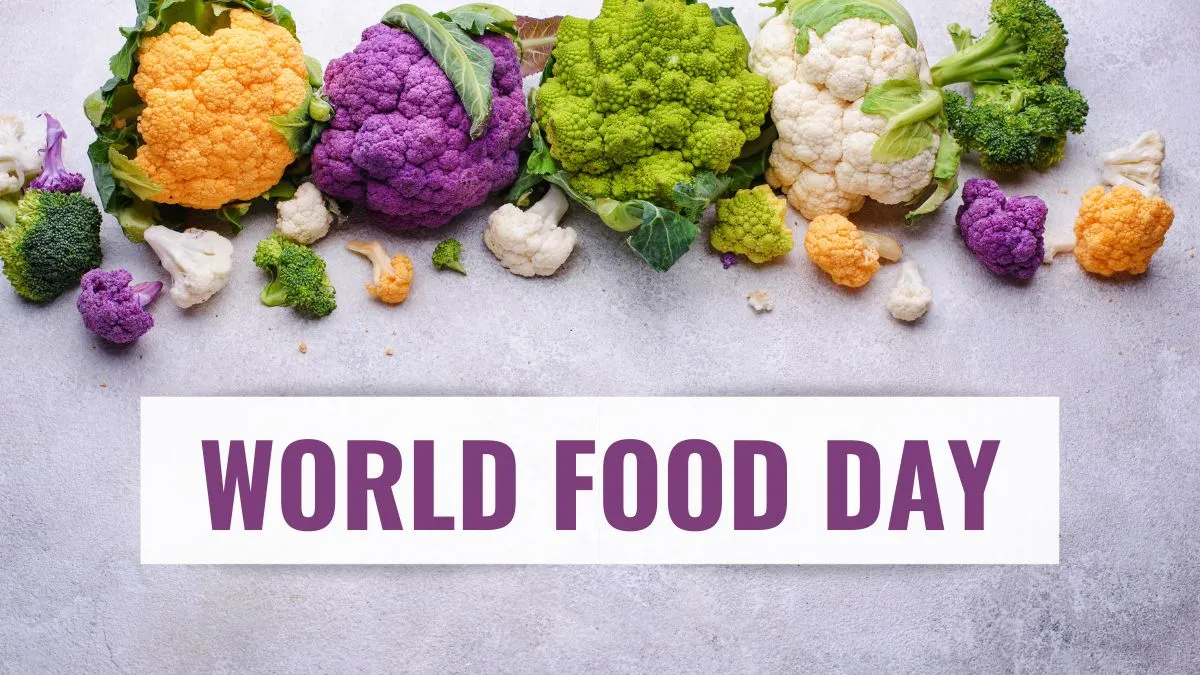World Food Day is celebrated annually on October 16th. It is a day of global awareness and action dedicated to eradicating hunger, ensuring food security, and promoting sustainable agriculture. World Food Day was etablished by the United Nations in 1979. This day serves as a reminder of the need to address one of the most pressing challenges facing humanity – food insecurity.
The State of Global Hunger

As we commemorate World Food Day, it’s essential to understand the gravity of the problem at hand. Despite the significant progress made in recent decades, global hunger remains a pervasive issue. According to the Food and Agriculture Organization (FAO) of the United Nations, an estimated 9.2% of the world’s population is undernourished, with many of them living in developing countries. The COVID-19 pandemic has further exacerbated this problem, pushing millions more people into food insecurity.
The Impact of Hunger
Hunger not only affects individuals’ health and well-being but also has far-reaching consequences for societies and the planet. Malnutrition can lead to stunted physical and cognitive development in children, reduced economic productivity in adults, and increased healthcare costs. Furthermore, food insecurity can spark social unrest and migration, exacerbating the challenges of an already globalized world.
The Role of Sustainable Agriculture

The theme for World Food Day 2023 is “Transforming Food Systems for Food Security.” This theme emphasizes the need to revamp our approach to agriculture and food production to ensure long-term food security while safeguarding the environment. Sustainable agriculture practices, such as crop rotation, reduced pesticide use, and organic farming, aim to protect the Earth’s resources and maintain a stable food supply.
The Importance of Biodiversity
Biodiversity plays a crucial role in achieving food security. A diverse range of plant and animal species is essential for healthy ecosystems and resilient food systems. Diverse ecosystems can better adapt to changing environmental conditions, including climate change. Preserving biodiversity not only supports agricultural sustainability but also helps in the protection of pollinators, soil health, and water resources.
Reducing Food Waste

One of the most significant challenges in achieving global food security is food waste. Roughly one-third of all food produced worldwide is lost or wasted each year. This waste occurs at various stages of the food supply chain, from production and distribution to consumption. By addressing food waste, we can effectively increase the availability of food for those in need.
Innovations for Food Security
The fight against hunger and food insecurity involves not only addressing current challenges but also embracing innovation. Technology, such as precision agriculture, biotechnology, and data-driven farming, can enhance productivity and reduce resource waste. Moreover, vertical farming, aquaponics, and urban agriculture are gaining traction as solutions to produce food in resource-constrained urban areas.
The Role of Policy and Collaboration
Governments, international organizations, NGOs, and the private sector all have a vital role to play in ensuring food security. Policy changes, investment in agriculture, and support for small-scale farmers are critical components of the solution. Collaboration across sectors and countries is essential for achieving global food security goals.

